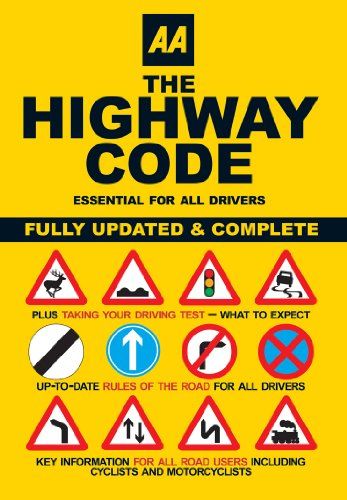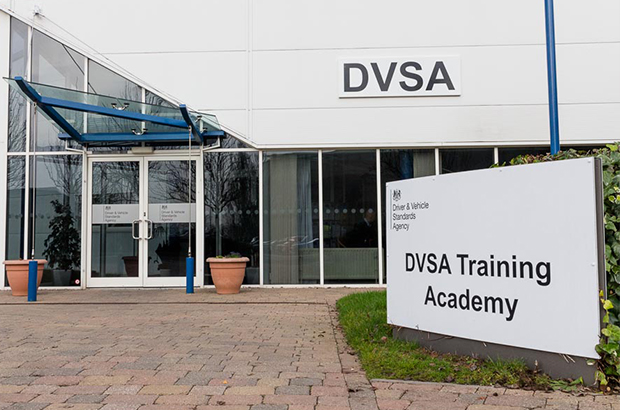
Are you gearing up for your theory test? Let’s delve into the third crucial topic from the DVSA’s multiple-choice question bank: essential documents. In this guide, we’ll break down the key concepts, provide sample questions, and recommend valuable revision resources to help you ace this section.
Theory Test Topic: Essential documents
The third theory test topic, “Essential Documents,” delves into the critical legal requirements and documentation associated with car ownership. This includes essential documents such as your driving license, vehicle registration certificate, and MOT certificate. A thorough understanding of this topic is paramount for both passing the theory test and ensuring legal compliance while driving.
To facilitate your learning, we have segmented the topic into smaller, more digestible sections. We encourage you to carefully review each section to solidify your knowledge and enhance your performance on our mock tests.
Driving licence

To legally drive on public roads as a learner, you must hold a valid provisional driving license and be supervised by a qualified driver who is at least 21 years old and has held a full license for a minimum of three years. It’s crucial to ensure that all personal information provided to the DVLA, including name and address, is accurate and up-to-date.
Additionally, maintaining adequate eyesight is essential for safe driving. You must be able to read a number plate from 20 meters away, with the aid of glasses or contact lenses if necessary. Any changes in your eyesight or overall health that may impact your driving ability should be promptly reported to the DVLA.
Upon successfully passing the driving test, you’ll be granted a full driving license with a two-year probationary period. During this time, accumulating six or more penalty points will result in the loss of your license. In such a case, you’ll need to reapply for a provisional license and retake both the theory and practical driving tests.
Car insurance
Driving without valid insurance in the UK is a serious offense. It’s crucial to have adequate coverage to protect yourself financially and legally.
Types of Car Insurance:
- Third-Party Only: This is the minimum legal requirement, covering damage or injuries caused to others in an accident.
- Third-Party, Fire, and Theft: This provides additional coverage for damage to your vehicle due to fire or theft.
- Comprehensive: This offers the most extensive coverage, protecting your vehicle against various incidents, including accidents, theft, vandalism, and natural disasters.
Key Considerations:
- Excess: When purchasing insurance, you’ll need to choose an excess amount, which is the portion you’ll pay out-of-pocket in case of a claim.
- Off-Road Notification: If you’re not actively using your vehicle, consider declaring it off-road through a Statutory Off-Road Notification (SORN) to avoid insurance costs.
- Document Verification: Always carry your insurance documents, driving license, and MOT certificate while driving. If stopped by the police and unable to present these documents, you’ll have seven days to provide them at your local police station.
For a more in-depth understanding of car insurance, consult our comprehensive guide.
MOT certificate

An MOT test is an annual requirement for all vehicles over three years old (four years in Northern Ireland). This test assesses your vehicle’s roadworthiness and environmental compliance. Failure to pass the MOT will prevent you from driving the vehicle until necessary repairs are made.
Upon successful completion, you’ll receive an MOT certificate valid for one year. It’s crucial to keep track of this expiration date, as driving without a valid MOT can result in significant penalties, including fines of up to £1,000, license suspension, and insurance voidance. Additionally, you won’t be able to tax your vehicle without a valid MOT.
Exceptions to the MOT requirement include driving the vehicle directly to a repair facility or a pre-arranged MOT test. However, it’s essential to have a valid reason and avoid unnecessary road use.
When purchasing car insurance, you’ll need to select an excess amount, which is the portion of a claim you’ll be responsible for paying. Higher excess amounts typically lead to lower premiums. Consider completing a Pass Plus scheme to potentially further reduce costs.
If you plan on storing your vehicle for an extended period, you can declare it off-road through a Statutory Off-Road Notification (SORN) and suspend your insurance.
During a police stop, you’ll be required to present your driving license, insurance documents, and, if applicable, your MOT certificate. Failure to produce these documents within seven days at your local police station may result in penalties.
For more detailed information, explore our comprehensive guide to driving insuranc
Vehicle registration certificate
So, you’ve just bought a car? Congrats! You’ll get a V5C or log book with it. This document is like the car’s ID card, showing who owns it, its make and model, and any changes made to it.
It’s your job to keep this info up-to-date. If you move house, change your name, or modify your car, you’ll need to update the V5C and let the DVLA know.
Vehicle excise duty
Vehicle Excise Duty (VED), commonly known as vehicle tax, is a mandatory fee for most vehicles operating on public roads. Even if you’re exempt from paying the tax, you still need to apply for it. To do so, you’ll require your vehicle log book and ensure you have valid insurance and an up-to-date MOT certificate.
There are specific circumstances under which you can legally cancel your vehicle tax:
- Vehicle Sale or Transfer: If you’ve sold or transferred your vehicle to another owner.
- SORN Application: If you’ve applied for a Statutory Off Road Notification (SORN).
- Vehicle Scrapping or Write-off: If your vehicle has been officially scrapped or written off.
- Tax Exemption: If you’re eligible for a tax exemption.
- Vehicle Theft: If your vehicle has been stolen.
- Vehicle Export: If your vehicle has been exported outside the UK.
It’s important to note that if you cancel a SORN, you’ll need to immediately insure your vehicle, pay the necessary taxes, and verify that your MOT is current.
How to revise essential documents

With a better understanding of essential documents, you’re one step closer to conquering your theory test. However, remember that consistent revision and practice are crucial. Utilize online quizzes and mock tests to solidify your knowledge and boost your confidence



